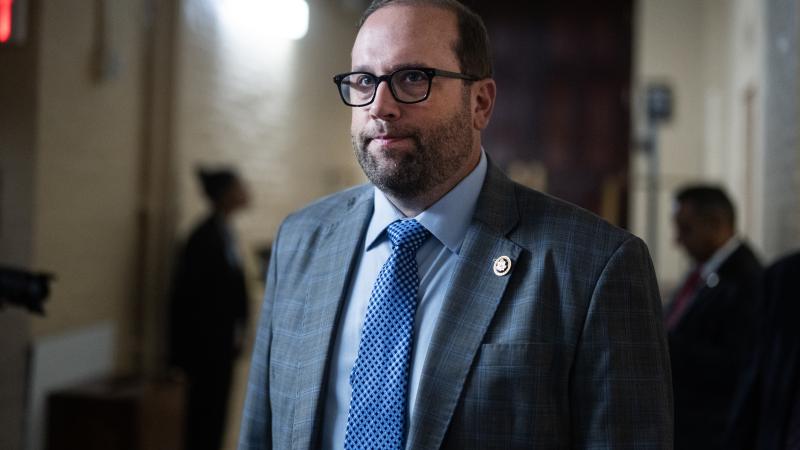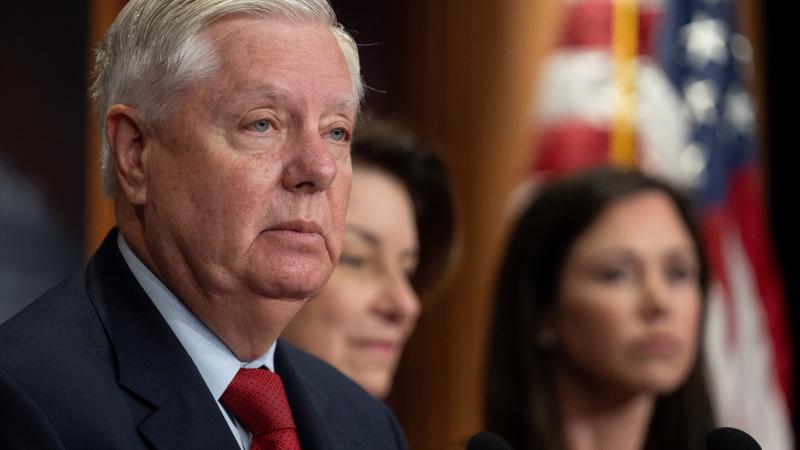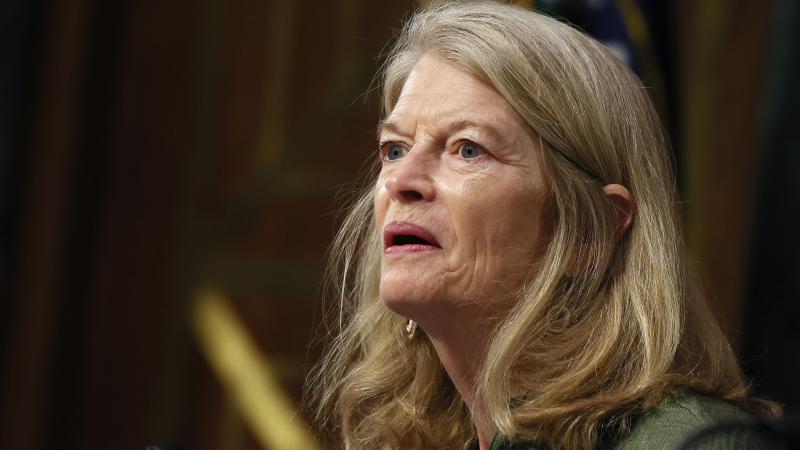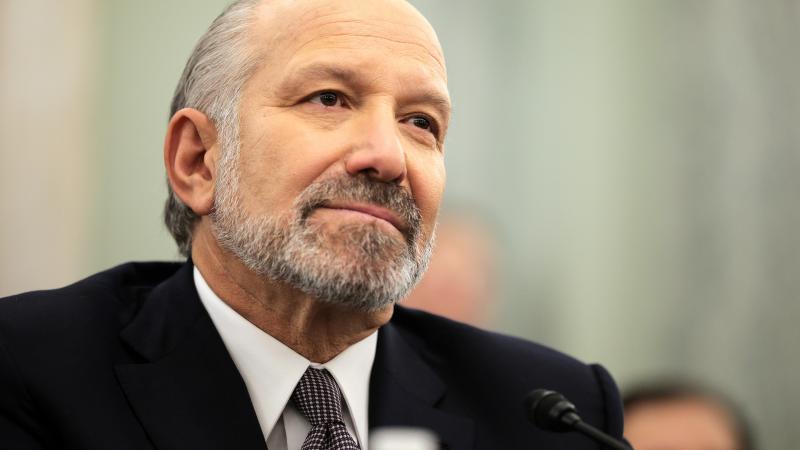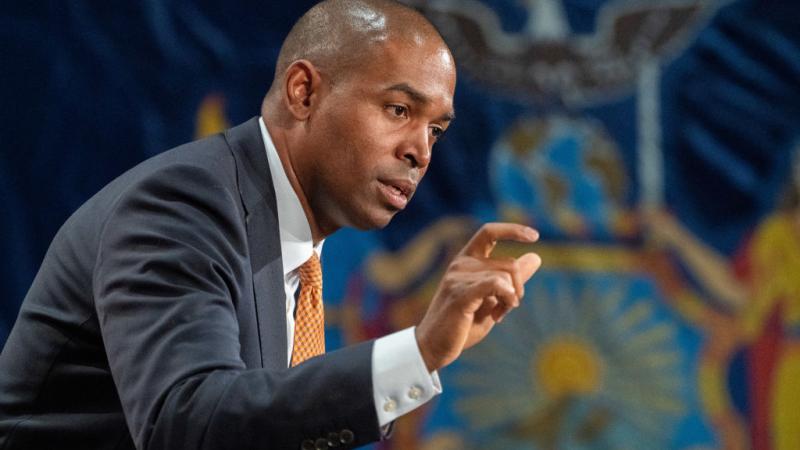Conservative revolt that shut down House floor devolves into finger pointing within GOP leadership
A group of 11 conservative lawmakers revolted on the House floor Tuesday after the Biden-McCarthy debt limit deal and further floor votes have been postponed until next week
A group of conservative House members blocking votes earlier this week on the chamber floor for what seemed to be their dissatisfaction with the debt ceiling deal GOP Speaker Kevin McCarthy cut with President Biden has devolved into finger pointing that appears to have exposed a larger, simmering rift between McCarthy and top lieutenant Majority Leader Steve Scalise.
The apparent rift was reported early Thursday morning by Punchbowl News and provided details that suggest problems started before Tuesday's revolt, when roughly 11 of the House Republican Conference's most conservative members blocked a procedural vote that allows bills to advance to a final vote.
The revolt apparently started earlier over Georgia GOP Rep. Andrew Clyde being told he wouldn't get a vote on a measure regarding a recent Alcohol, Tobacco, Firearms and Explosives rule that would further restrict some handguns unless he voted in favor of the debt deal. (Clyde was also seeking to move a measure to place stricter limits on taxpayer money for abortion services.)
By Thursday afternoon, McCarthy seemed to confirm that the rift – or revolt – had indeed started with Clyde and the procedure to get a vote on his resolution.
"Yesterday was started on something else," said McCarthy. "It was a conversation that the majority leader had with [Andrew Clyde], and I think it was a miscalculation or misinterpretation of what one said to another. And that's what started this, and then something else bellowed into it."
Addressing Tuesday's revolt that unfolded on the floor, McCarthy noted he doesn't run the floor schedule.
"We put different roles out there, and the majority leader runs the floor," he said.
All floor votes have been cancelled until next week.
A meeting about bringing Clyde's legislation to the floor has reportedly angered moderate members of the GOP conference.
“Why the hell are we doing this?” Rep. Nancy Mace (R-S.C.) asked Scalise and Majority Whip Tom Emmer (R-Minn.), according to reports.
If these bills are brought to the floor, GOP moderates could join with Democrats to block them from advancing.
McCarthy's office was asked Thursday whether he was satisfied with Scalise's job performance, but Just the News did not receive a response before this story was published.
Scalise's office was not available for comment.
In order to win back the support of the group of conservatives behind Tuesday's revolt and resume floor activity with his slim GOP majority, McCarthy is reportedly considering allowing appropriators to write spending bills at lower levels than the amount set in the debt limit deal that passed.
"The one thing you've got to realize, whenever you put a cap, that's the ceiling,” McCarthy said Wednesday. “We can always spend less. I've always advocated for spending less money."
He also said: "If we can write [spending bills] to even lower levels, then we should do it in the House."
The debt limit legislation that Biden has signed into law included a domestic spending cap of $704 billion, which is approximately 5% less than fiscal 2023. But there are caveats in the bill that could lead to domestic spending remaining about the same in fiscal 2024, drawing the ire of conservatives.
The bill raised the debt ceiling by about $4 trillion too, which conservative lawmakers opposed. The bill also included a defense-related spending limit of $886 billion, which is about 3% higher than fiscal 2023.
“What we’re going to do is we’re going to come back on Monday, work through it and be back working for the American public,” McCarthy said on Wednesday night.


